Home>Gardening & Outdoor>Landscaping Ideas>What Kind Of Grass Can Sulcata Tortoises Eat
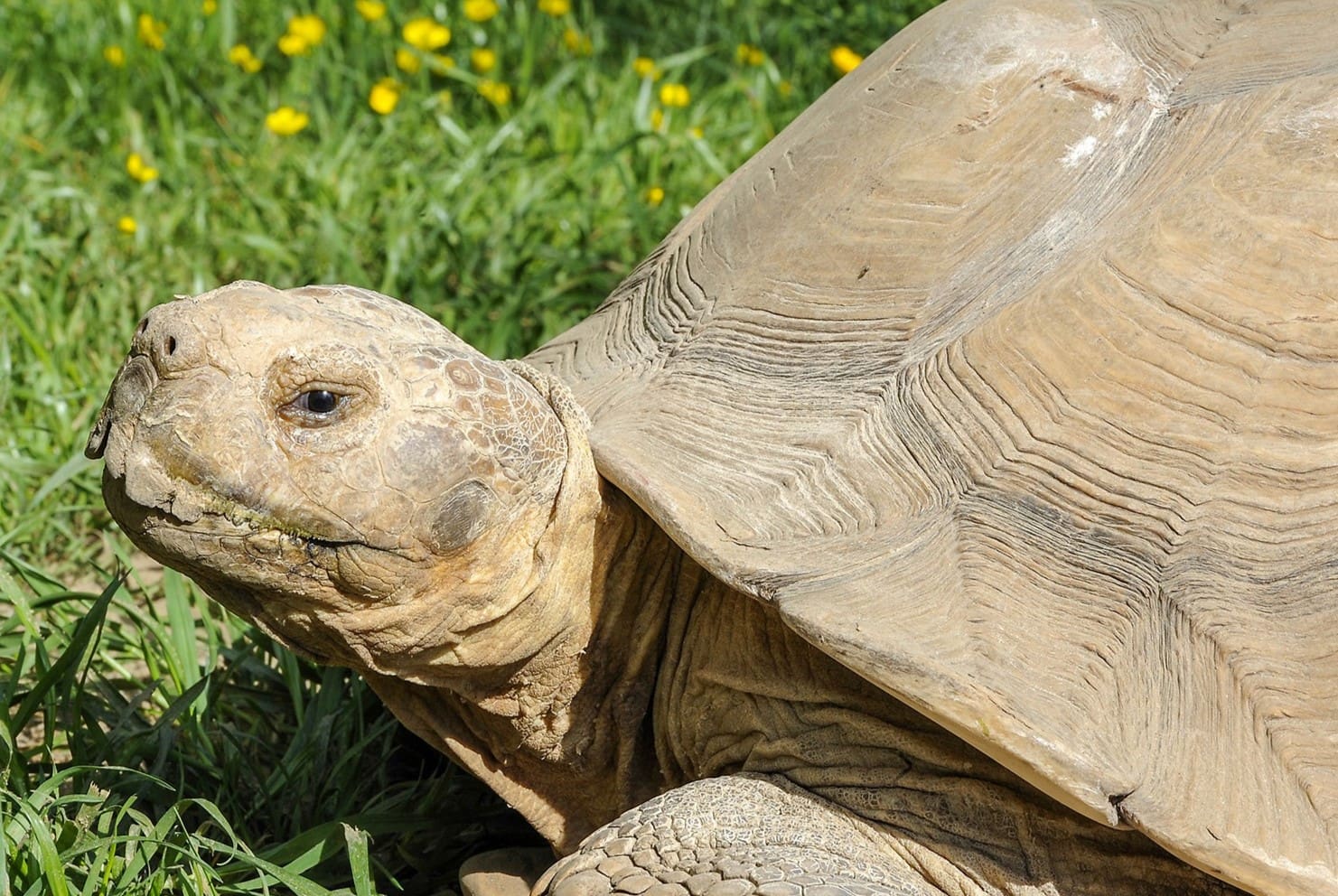

Landscaping Ideas
What Kind Of Grass Can Sulcata Tortoises Eat
Published: January 27, 2024
Discover the best landscaping ideas for creating a sulcata tortoise-friendly environment. Learn about grass types suitable for their diet and habitat.
(Many of the links in this article redirect to a specific reviewed product. Your purchase of these products through affiliate links helps to generate commission for Storables.com, at no extra cost. Learn more)
Introduction
Sulcata tortoises, also known as African spurred tortoises, are fascinating reptiles that require specific care and attention, especially when it comes to their diet. As herbivores, these tortoises primarily feed on grasses and plants, making it crucial for their owners to understand the types of grasses that are safe and beneficial for them. In the wild, sulcata tortoises have access to a variety of grasses, and replicating this diversity in captivity is essential for their overall health and well-being.
Providing a balanced and nutritious diet is a fundamental aspect of caring for sulcata tortoises, as it directly impacts their growth, shell development, and overall vitality. By gaining insight into the natural diet of these tortoises, identifying safe and beneficial grasses, understanding their nutritional benefits, and being aware of potential dangers and toxic grasses, tortoise owners can ensure that their beloved pets thrive in a captive environment.
This comprehensive guide aims to explore the intricate relationship between sulcata tortoises and grasses, shedding light on the types of grasses that are suitable for their consumption, the nutritional advantages they offer, and the precautions to consider when incorporating grasses into their diet. By delving into these crucial aspects, tortoise enthusiasts can elevate their understanding of proper dietary practices, ultimately contributing to the long-term health and happiness of their sulcata tortoises.
Key Takeaways:
- Sulcata tortoises thrive on a diet of safe grasses like Bermuda, fescue, rye, orchard, and timothy grass, which provide essential nutrients and support their digestive health.
- Tortoise owners should be cautious of toxic grasses and ensure a diverse diet, including supplemental greens and calcium, to promote the well-being of their beloved sulcata tortoises.
Read more: What Eats Grass
The Natural Diet of Sulcata Tortoises
In their natural habitat, sulcata tortoises graze on a wide array of grasses, herbs, and succulent plants. The arid regions of the Sahara Desert and the Sahel serve as their primary habitats, where they have adapted to consuming tough, fibrous vegetation to meet their nutritional needs. The grasses available to them in the wild offer a diverse range of nutrients, fiber, and hydration, essential for their survival in harsh, dry climates.
These tortoises are known to consume grasses such as Bermuda grass, fescue, rye grass, and a variety of native grasses found in their natural range. Their diet also includes broad-leafed plants like dandelion, clover, and mulberry leaves, which provide essential vitamins and minerals. The high-fiber content of these plants aids in digestion and helps maintain the tortoises’ overall gut health.
It’s important to note that the natural diet of sulcata tortoises is low in protein and fat but high in fiber and moisture. This dietary composition reflects their evolutionary adaptation to a herbivorous lifestyle in an arid environment. When replicating their natural diet in captivity, it is crucial to prioritize the provision of high-fiber, low-protein grasses and plants to support their digestive processes and prevent health issues associated with an imbalanced diet.
Understanding the natural diet of sulcata tortoises serves as a foundation for creating a suitable captive diet that aligns with their nutritional requirements. By mimicking the diverse forage available in their native habitat, tortoise enthusiasts can strive to promote the well-being and longevity of these remarkable reptiles.
Safe Grasses for Sulcata Tortoises
When considering the dietary needs of sulcata tortoises, it is essential to identify safe and suitable grasses that can be provided as a staple component of their daily intake. Offering a variety of grasses not only enriches their diet but also contributes to their overall health and vitality. Here are some safe grasses that are beneficial for sulcata tortoises:
- Bermuda Grass: This popular grass variety is a preferred choice for sulcata tortoises due to its high fiber content and low protein levels. It offers a substantial source of roughage, aiding in proper digestion and gut health.
- Fescue: Fescue grass provides a valuable addition to the tortoise’s diet, contributing to their fiber intake and promoting natural foraging behavior. Its tough texture also supports the wear and tear of their beaks and helps maintain dental health.
- Rye Grass: Rich in essential nutrients and relatively low in protein, rye grass serves as a suitable grazing option for sulcata tortoises. Its abundance in many regions makes it a convenient and nutritious choice for captive tortoises.
- Orchard Grass: This grass variety offers a favorable calcium-to-phosphorus ratio, making it a valuable addition to the tortoise’s diet. Its moderate protein content aligns with the tortoise’s dietary requirements, supporting their overall well-being.
- Timothy Grass: Known for its high-fiber composition, timothy grass aids in maintaining healthy digestion and preventing digestive issues in sulcata tortoises. Its availability in many regions makes it a practical choice for captive environments.
Introducing a combination of these safe grasses into the diet of sulcata tortoises mirrors the diversity they would encounter in the wild, promoting natural foraging behaviors and ensuring a balanced nutritional intake. It is important to source these grasses from uncontaminated and pesticide-free areas to prevent potential harm to the tortoises.
By incorporating safe grasses into their diet, tortoise enthusiasts can emulate the natural grazing patterns of sulcata tortoises, fostering a diet that aligns with their evolutionary needs and contributes to their overall health and contentment.
Nutritional Benefits of Different Grasses
The diverse array of grasses suitable for sulcata tortoises offers a range of nutritional benefits that contribute to their overall well-being. Understanding the specific advantages of different grass varieties can aid tortoise owners in creating a balanced and enriching diet for their beloved reptiles. Here are the nutritional benefits of various grasses commonly included in the diet of sulcata tortoises:
- Bermuda Grass: This grass variety is rich in fiber, promoting healthy digestion and gut motility in sulcata tortoises. Its low protein content aligns with the tortoise’s dietary requirements, while its abundance in many regions makes it a convenient and accessible forage option.
- Fescue: Fescue grass offers essential fiber that aids in maintaining the tortoise’s digestive health. Its tough texture encourages natural foraging behavior and supports dental wear, preventing overgrowth of the tortoise’s beak.
- Rye Grass: With a favorable balance of nutrients, rye grass provides valuable roughage and contributes to the tortoise’s fiber intake. Its widespread availability makes it a practical grazing option for sulcata tortoises in captivity.
- Orchard Grass: This grass variety boasts a balanced calcium-to-phosphorus ratio, essential for maintaining the tortoise’s bone health. Its moderate protein content supports their overall nutritional needs while offering a diverse grazing experience.
- Timothy Grass: Known for its high-fiber composition, timothy grass aids in preventing digestive issues and supports the tortoise’s gastrointestinal health. Its widespread availability makes it a valuable addition to their diet.
By incorporating a combination of these grasses, tortoise enthusiasts can ensure that their sulcata tortoises receive a well-rounded diet that aligns with their natural dietary preferences. The nutritional benefits of these grasses extend beyond basic sustenance, encompassing aspects of digestive health, dental maintenance, and overall nutrient balance.
Providing a diverse range of grasses not only meets the tortoise’s nutritional requirements but also enriches their daily foraging experiences, contributing to their physical and psychological well-being. By recognizing and harnessing the nutritional advantages of different grass varieties, tortoise owners can actively promote the health and vitality of their cherished reptilian companions.
Sulcata tortoises can eat a variety of grasses, including Bermuda grass, fescue, and orchard grass. Avoid grass treated with pesticides.
Potential Dangers and Toxic Grasses
While a variety of grasses offer nutritional benefits for sulcata tortoises, it is crucial for tortoise owners to be aware of potential dangers and toxic grasses that may pose risks to their pets. Understanding which grasses to avoid and being mindful of potential hazards can safeguard the well-being of these reptiles. Here are some considerations regarding potential dangers and toxic grasses for sulcata tortoises:
- Oxalates: Certain grasses, such as oxalis and clover, contain high levels of oxalates, which can be harmful to tortoises when consumed in large quantities. Oxalates can bind to calcium, potentially leading to calcium deficiency and related health issues.
- Chemical Contamination: Grasses that have been treated with pesticides, herbicides, or chemical fertilizers pose a significant risk to sulcata tortoises. Ingesting contaminated grass can lead to poisoning and adverse health effects, emphasizing the importance of sourcing grasses from safe, pesticide-free areas.
- Toxic Weeds: Certain weeds commonly found in grassy areas, such as buttercups and daisies, contain toxic compounds that can be harmful to tortoises if ingested. Identifying and removing these toxic weeds from grazing areas is essential to prevent accidental consumption.
- High-Protein Grasses: Grasses with excessively high protein content, such as alfalfa, can disrupt the tortoise’s dietary balance and lead to health issues. While protein is a necessary component of their diet, excessive intake can strain their kidneys and result in metabolic imbalances.
By being mindful of potential dangers and toxic grasses, tortoise owners can actively mitigate risks and ensure the safety of their sulcata tortoises. Regularly inspecting grazing areas, opting for organic and pesticide-free grass sources, and familiarizing oneself with common toxic plants can significantly reduce the likelihood of accidental ingestion of harmful grasses.
Creating a safe and enriching environment for sulcata tortoises involves not only providing suitable grasses but also actively safeguarding them from potential hazards. By exercising caution and implementing preventive measures, tortoise enthusiasts can curate a nurturing habitat that promotes the health and well-being of their cherished reptilian companions.
Read more: When Can Baby Rabbits Eat Grass
Feeding Guidelines for Sulcata Tortoises
Establishing appropriate feeding guidelines is paramount in ensuring the optimal health and nutrition of sulcata tortoises. By adhering to well-informed feeding practices, tortoise owners can support the physical well-being and natural dietary behaviors of these remarkable reptiles. Here are essential feeding guidelines to consider when providing for sulcata tortoises:
- Grass Diversity: Offer a diverse selection of safe grasses, including Bermuda grass, fescue, rye grass, orchard grass, and timothy grass, to mimic the natural foraging experience of sulcata tortoises. This diversity ensures a balanced nutritional intake and enriches their daily grazing activities.
- Forage Area Design: Create a designated forage area within the tortoise enclosure, allowing ample space for grazing and promoting natural foraging behaviors. Ensuring that the forage area is free from toxic plants and chemical contaminants is crucial for the tortoise’s safety.
- Supplemental Greens: In addition to grasses, provide a variety of dark, leafy greens such as dandelion greens, collard greens, and mustard greens to supplement the tortoise’s diet. These greens offer essential vitamins and minerals, contributing to their overall nutritional balance.
- Calcium Supplementation: Dust the greens with a calcium supplement to support the tortoise’s bone health and prevent calcium deficiencies. Calcium is vital for shell development and overall skeletal strength in sulcata tortoises.
- Hydration: Ensure access to a shallow water dish for soaking and drinking. While sulcata tortoises obtain a significant portion of their hydration from the moisture content of the grasses and greens they consume, providing access to clean water is essential for their well-being.
- Monitoring Intake: Observe the tortoise’s grazing and feeding patterns, ensuring that they consume a balanced diet without excessive reliance on high-protein or high-fat foods. Monitoring their intake allows for adjustments to their diet as needed.
By adhering to these feeding guidelines, tortoise owners can actively contribute to the health, vitality, and natural behaviors of their sulcata tortoises. Creating a well-rounded diet that encompasses safe grasses, supplemental greens, and essential nutrients fosters an environment that supports the tortoise’s overall well-being.
It is essential to approach feeding with attentiveness and care, considering the tortoise’s specific dietary requirements and natural inclinations. By implementing thoughtful feeding practices, tortoise enthusiasts can cultivate a nurturing and enriching dietary regimen that aligns with the evolutionary needs of sulcata tortoises.
Conclusion
Understanding the intricate relationship between sulcata tortoises and their dietary requirements is fundamental to providing them with a nurturing and enriching environment. By delving into the natural diet of these remarkable reptiles, identifying safe and beneficial grasses, and recognizing the nutritional advantages of diverse forage, tortoise enthusiasts can actively contribute to the well-being and longevity of their beloved pets.
Safe grasses such as Bermuda grass, fescue, rye grass, orchard grass, and timothy grass offer valuable roughage, fiber, and essential nutrients that align with the dietary needs of sulcata tortoises. By incorporating a diverse range of grasses into their diet, tortoise owners can emulate the natural foraging experiences of these reptiles, promoting their physical health and psychological contentment.
While celebrating the nutritional benefits of suitable grasses, it is equally crucial to be mindful of potential dangers and toxic grasses that may pose risks to sulcata tortoises. By exercising caution, sourcing grasses from safe environments, and familiarizing oneself with common toxic plants, tortoise enthusiasts can create a safe and nurturing forage area for their pets.
Establishing feeding guidelines that encompass grass diversity, supplemental greens, calcium supplementation, and attentive monitoring allows tortoise owners to curate a well-rounded diet that supports the natural behaviors and nutritional needs of sulcata tortoises. By providing a balanced and enriching diet, tortoise enthusiasts play a pivotal role in fostering the health and vitality of these captivating reptiles.
In conclusion, the harmonious interplay between sulcata tortoises and the grasses they consume reflects a delicate balance of nutrition, natural behavior, and environmental enrichment. By embracing this holistic approach to their dietary care, tortoise enthusiasts can embark on a rewarding journey of nurturing and safeguarding the well-being of their sulcata tortoises, ultimately fostering a profound bond with these captivating creatures.
Frequently Asked Questions about What Kind Of Grass Can Sulcata Tortoises Eat
Was this page helpful?
At Storables.com, we guarantee accurate and reliable information. Our content, validated by Expert Board Contributors, is crafted following stringent Editorial Policies. We're committed to providing you with well-researched, expert-backed insights for all your informational needs.
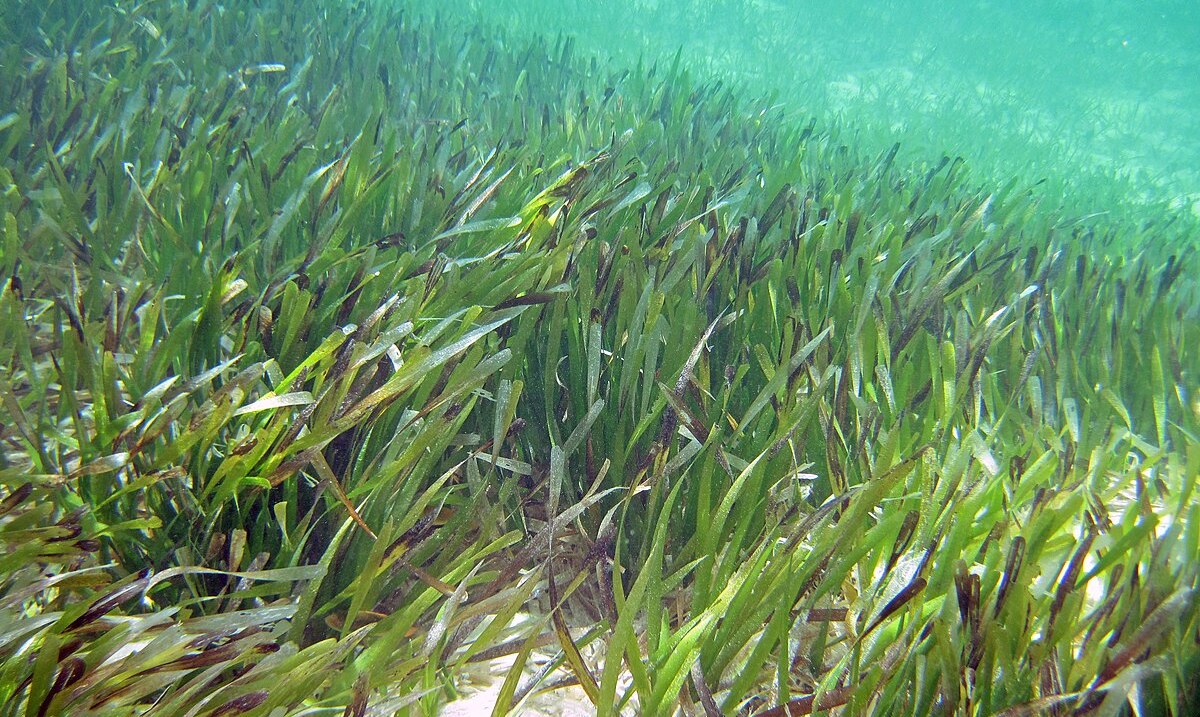
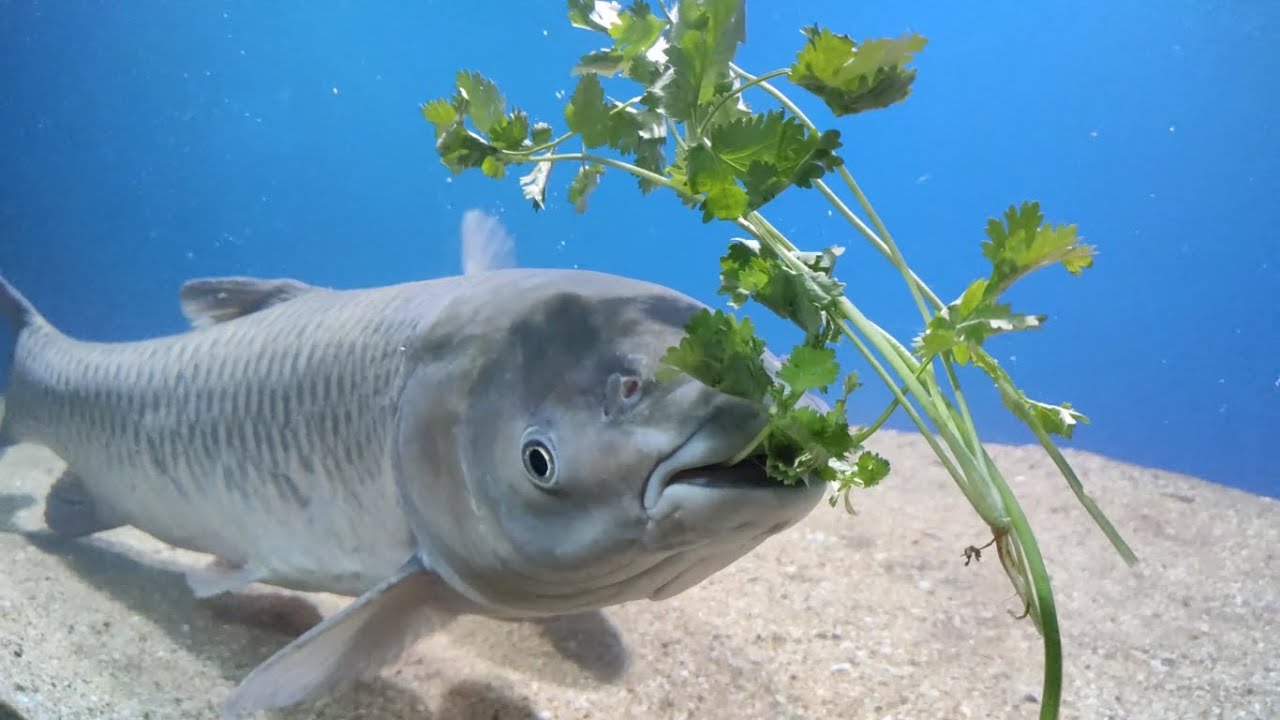
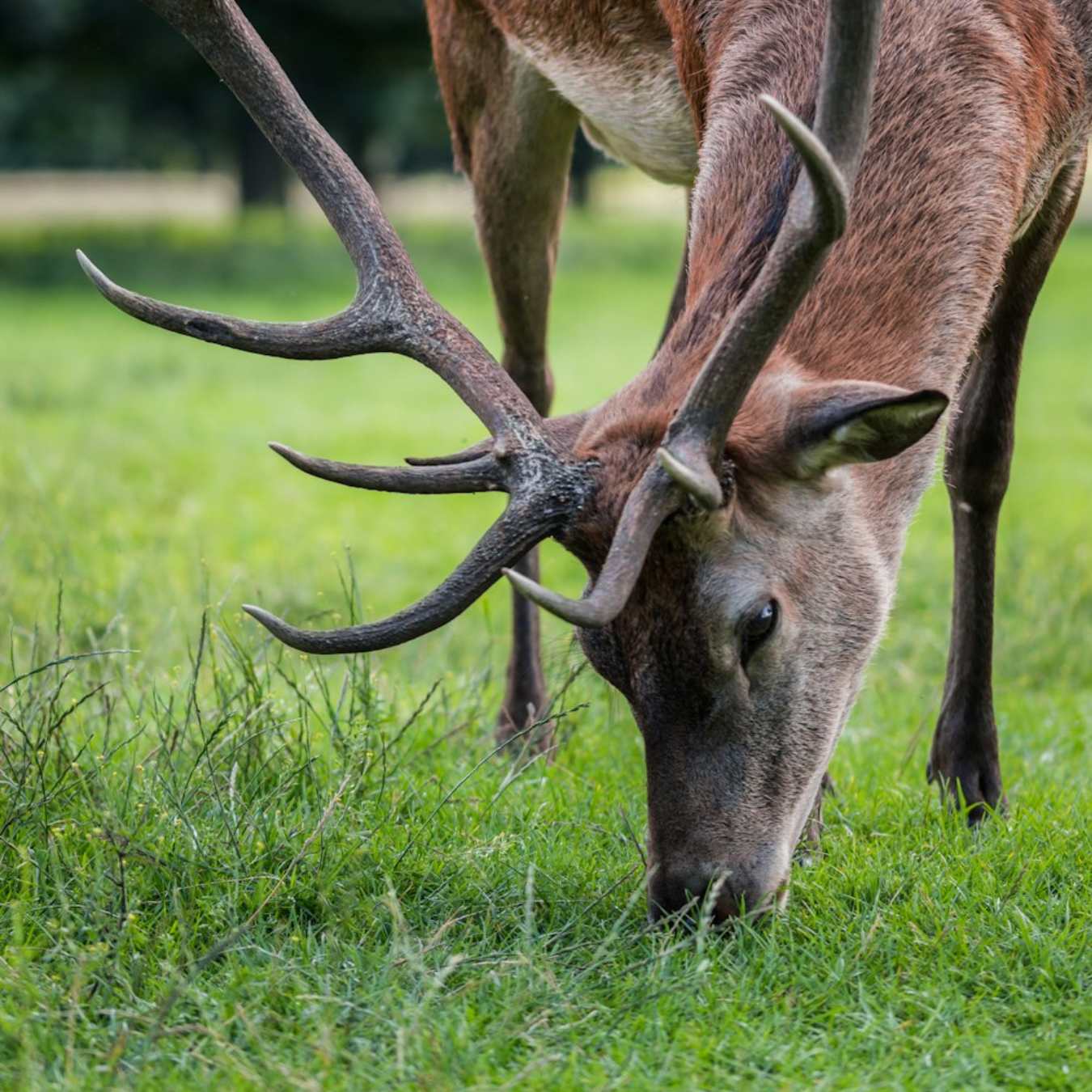
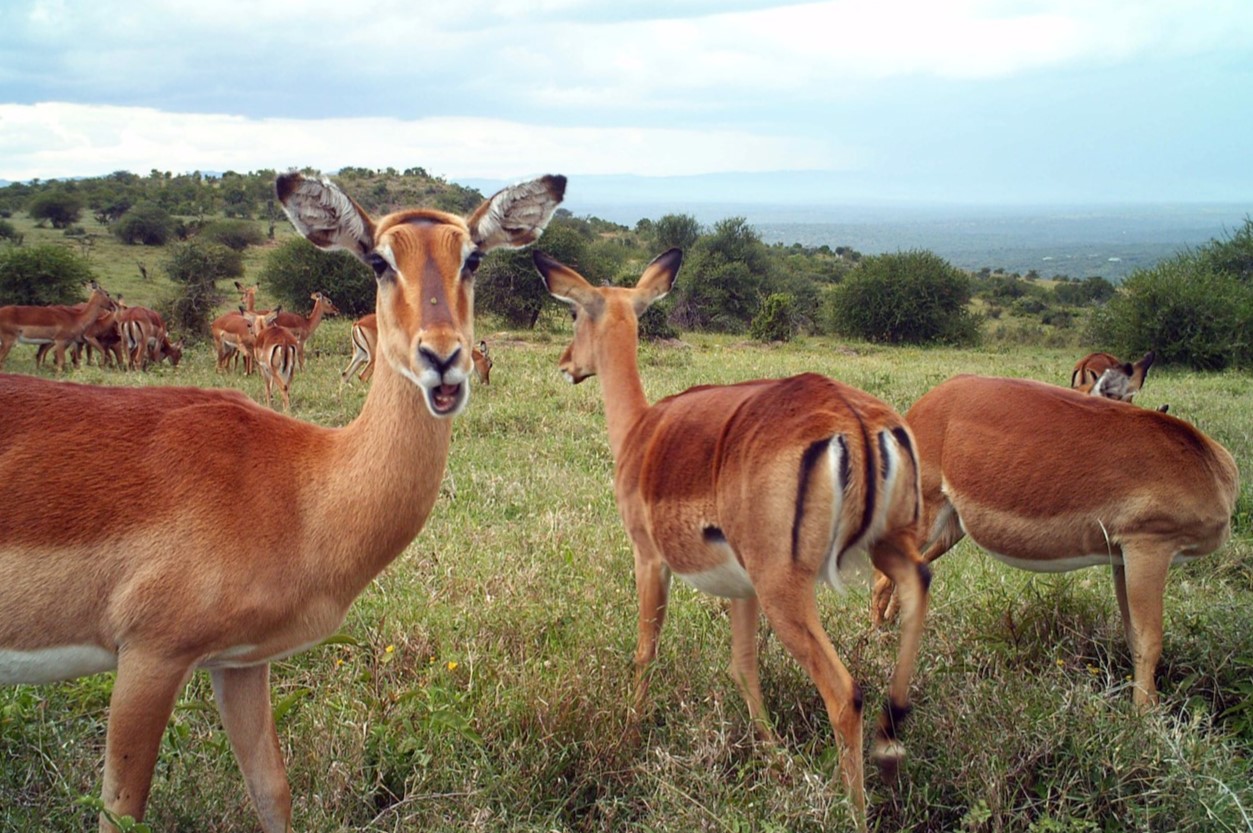
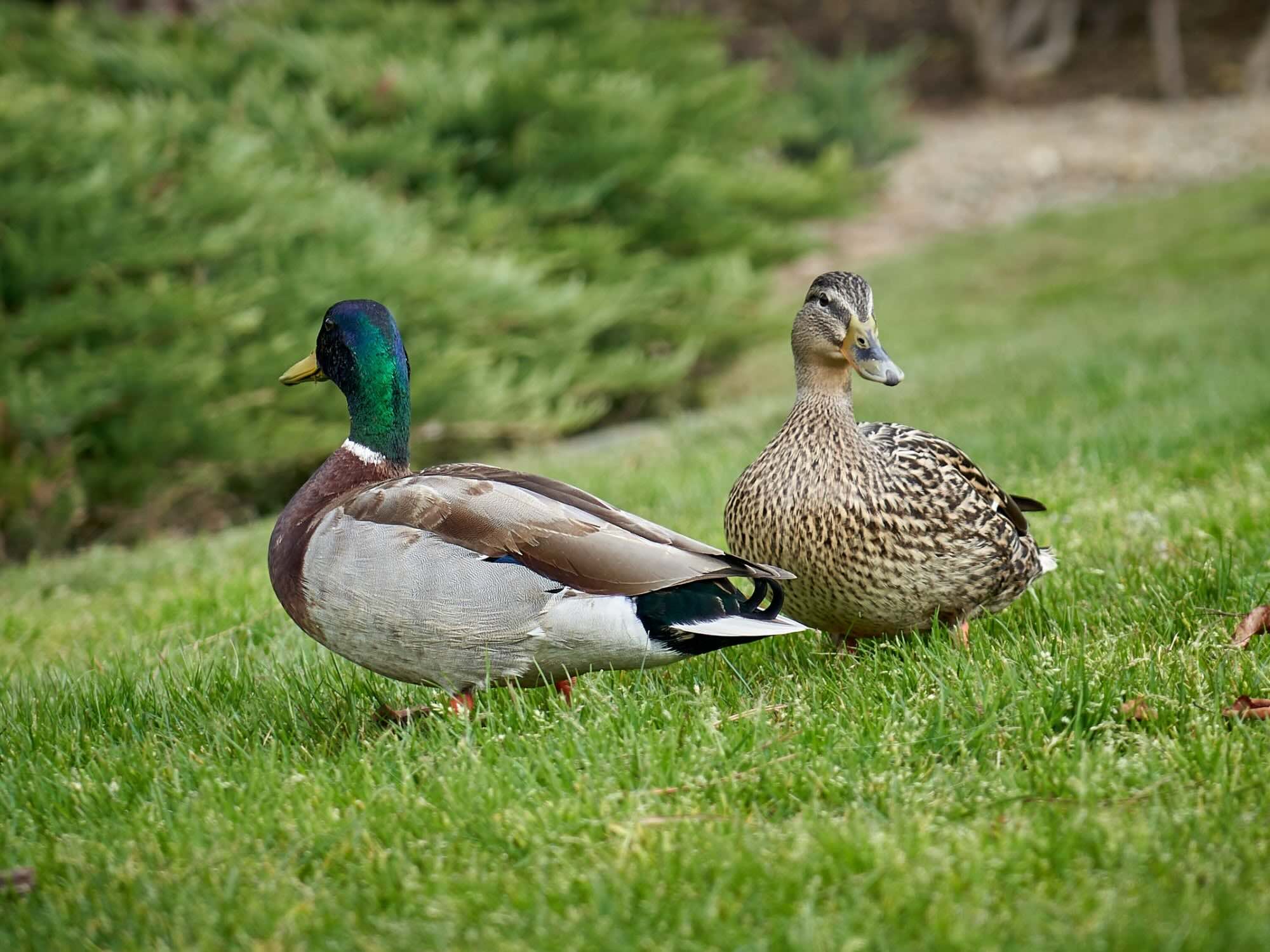
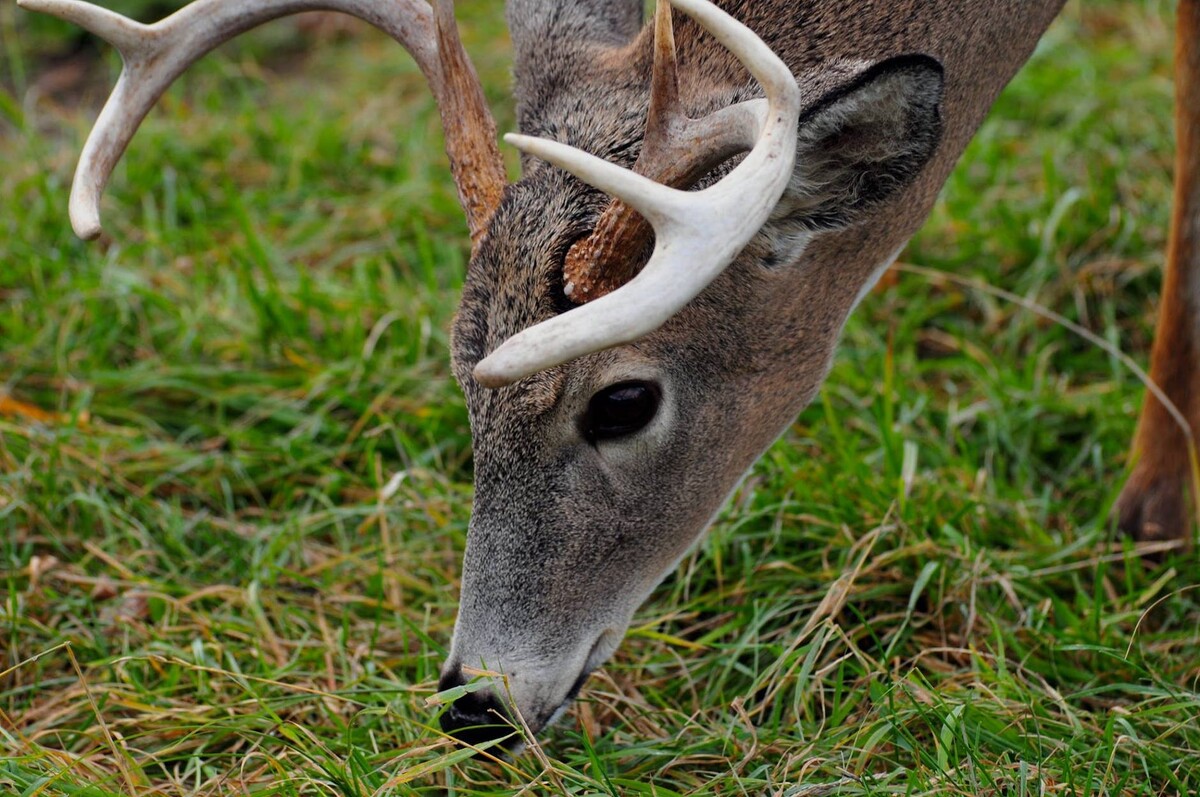
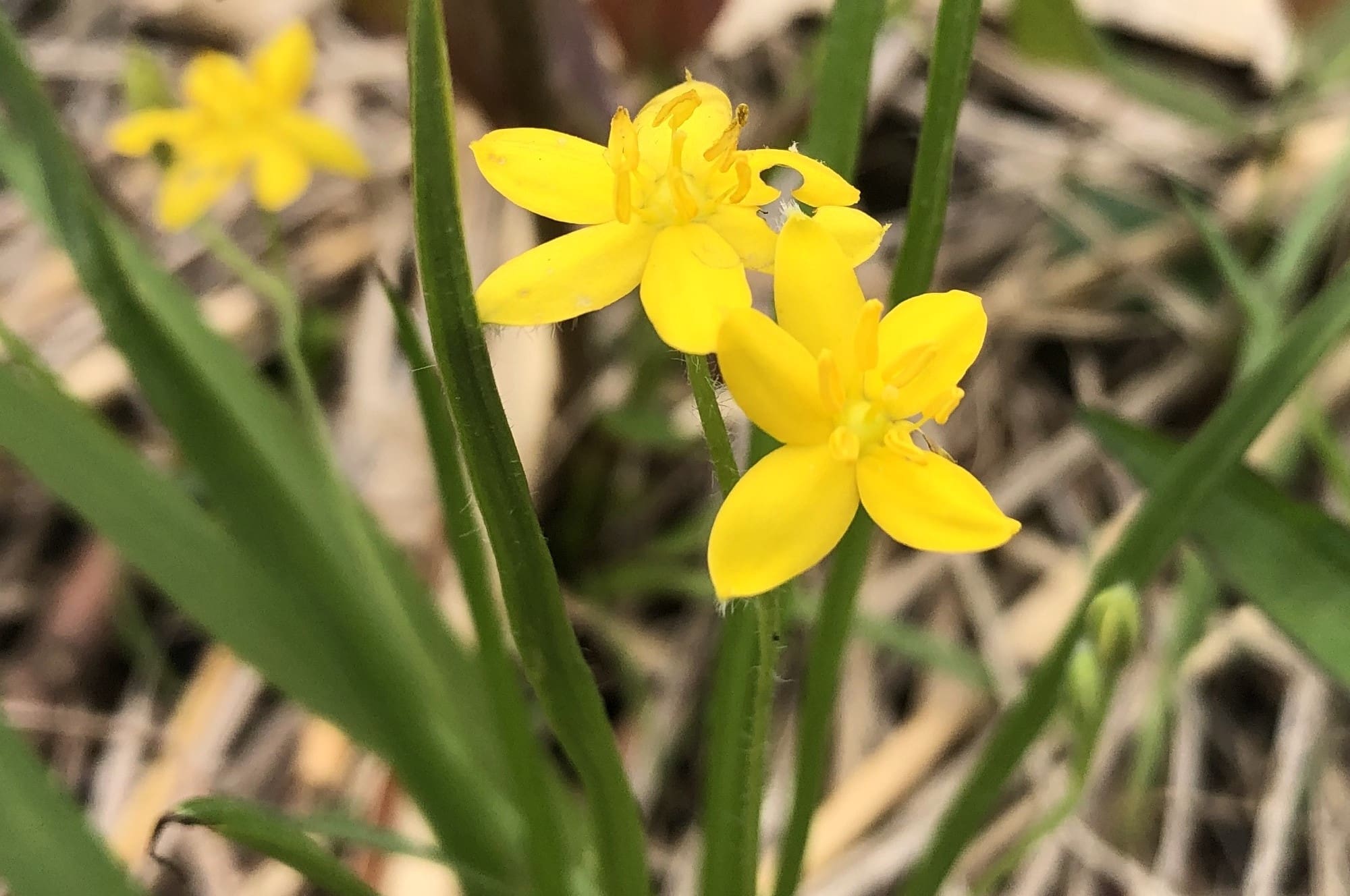
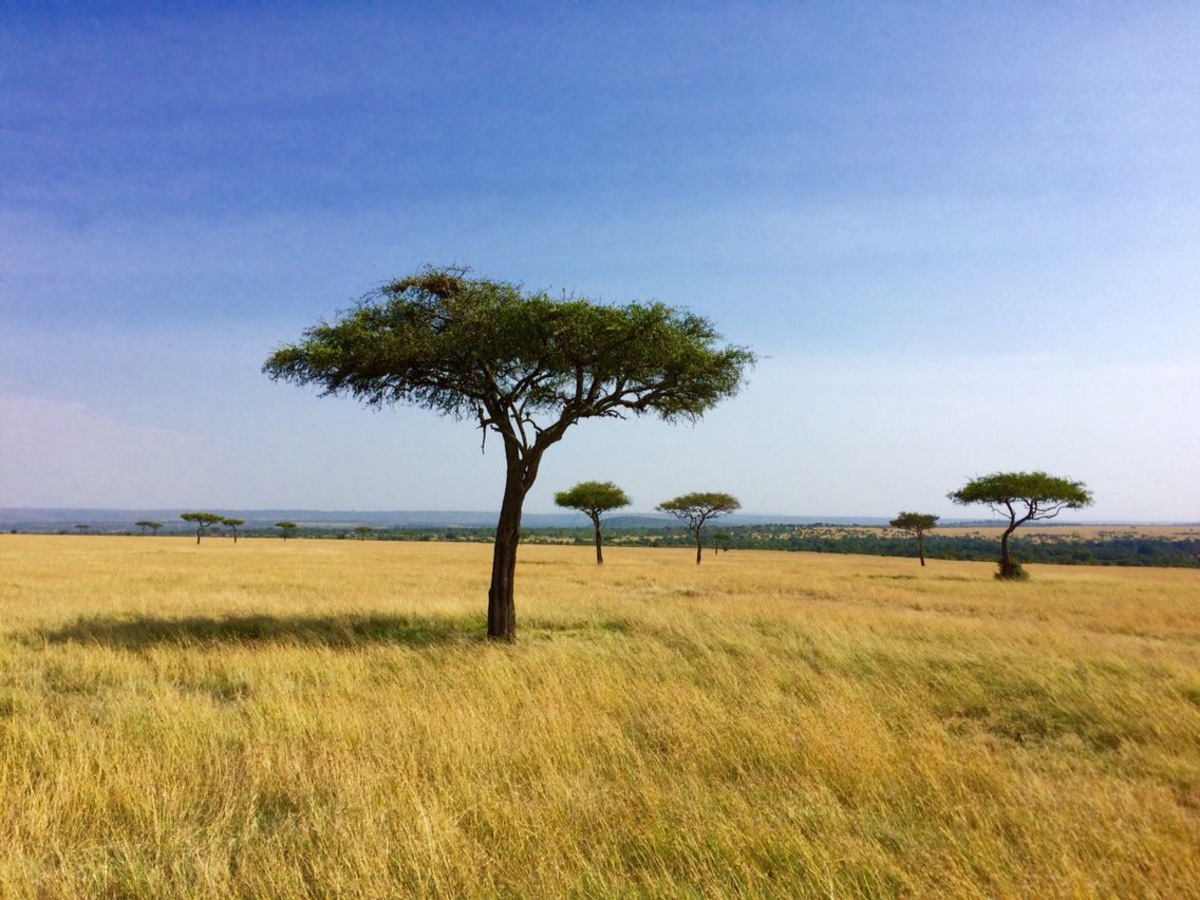
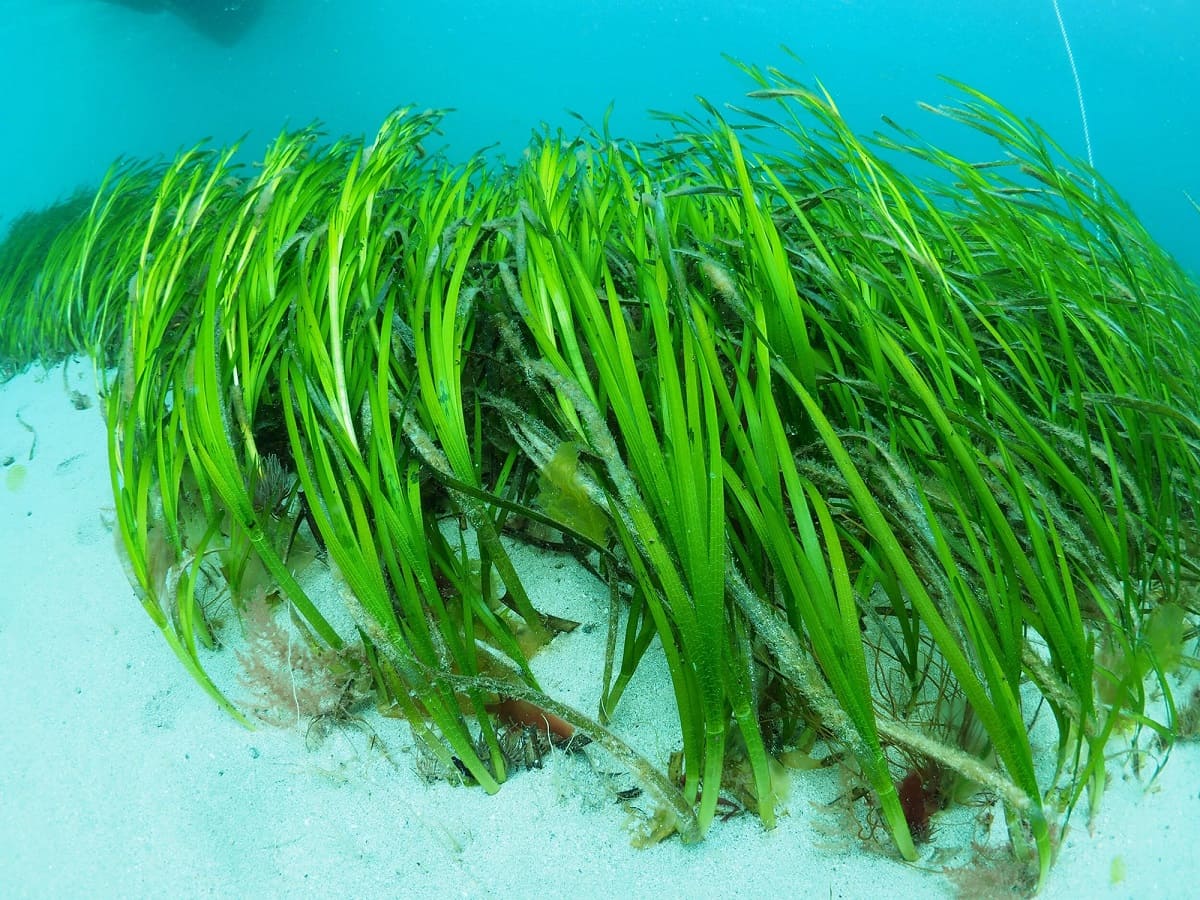
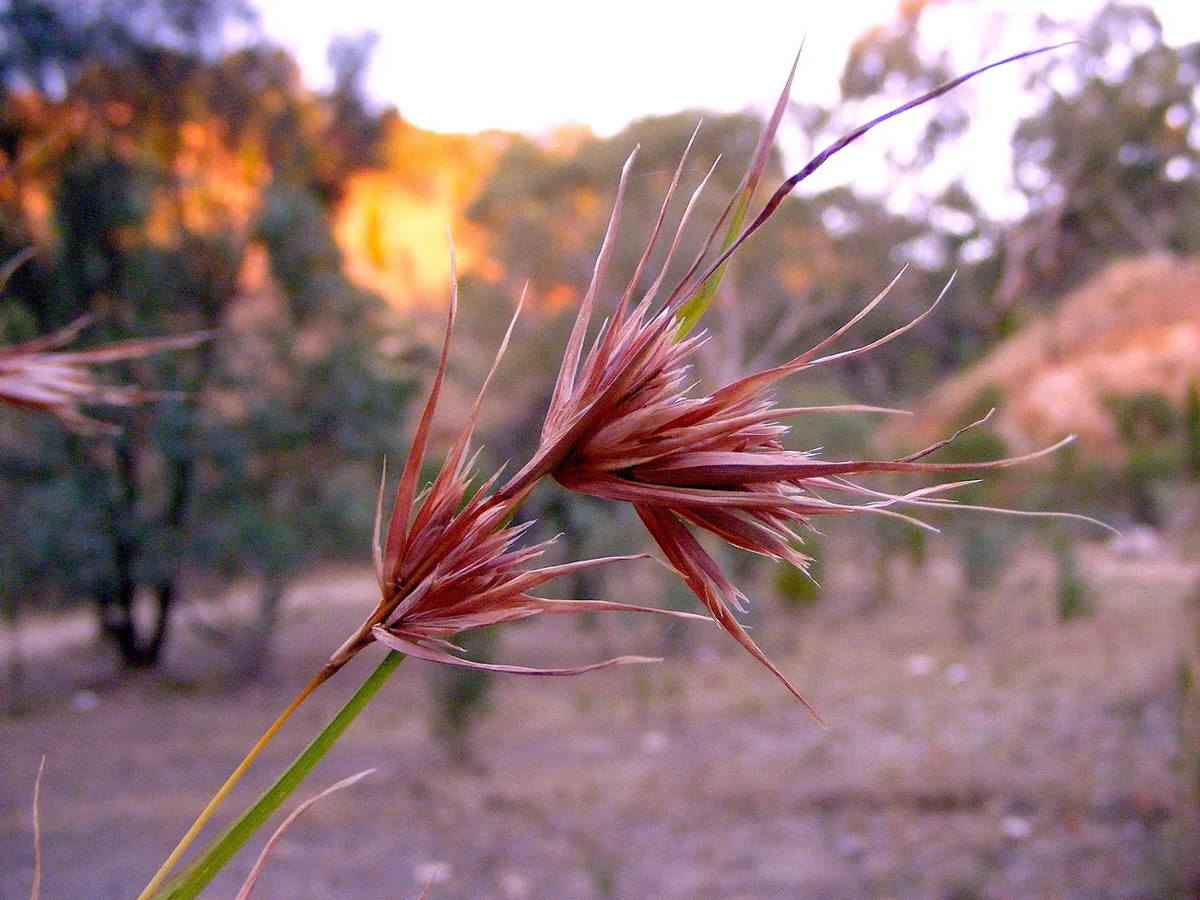

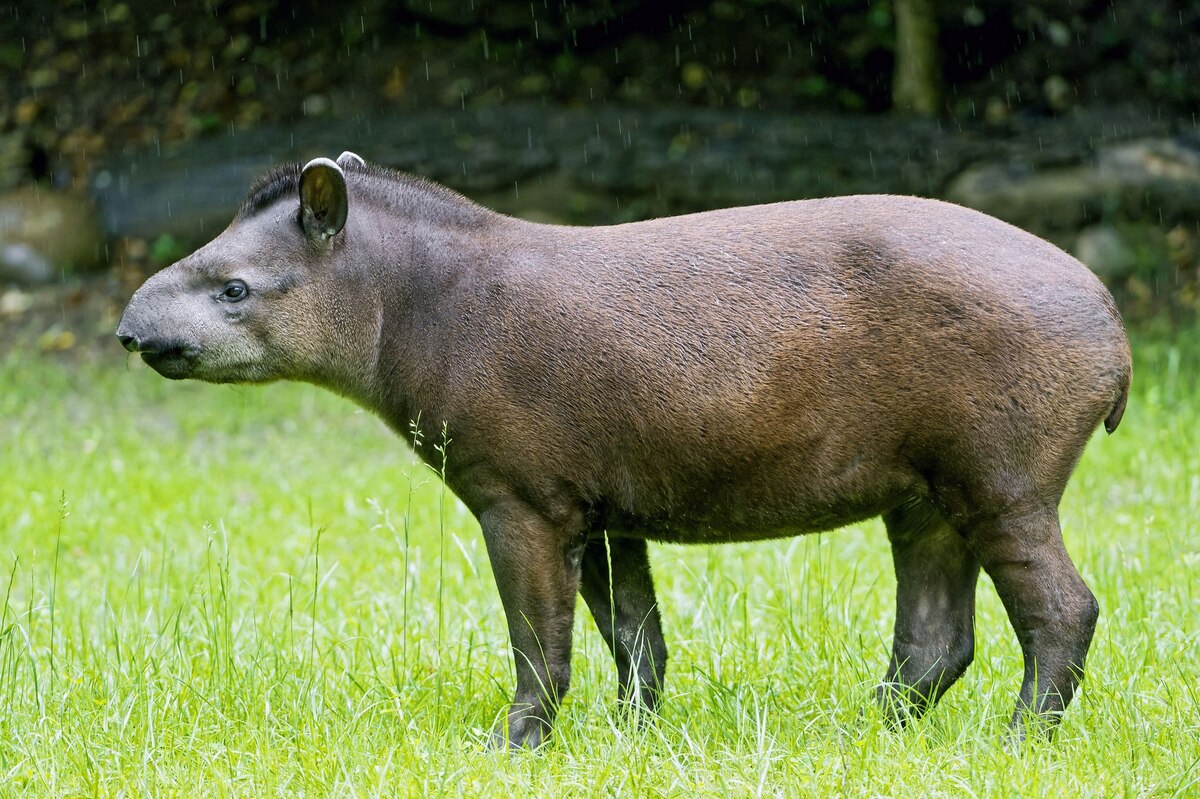
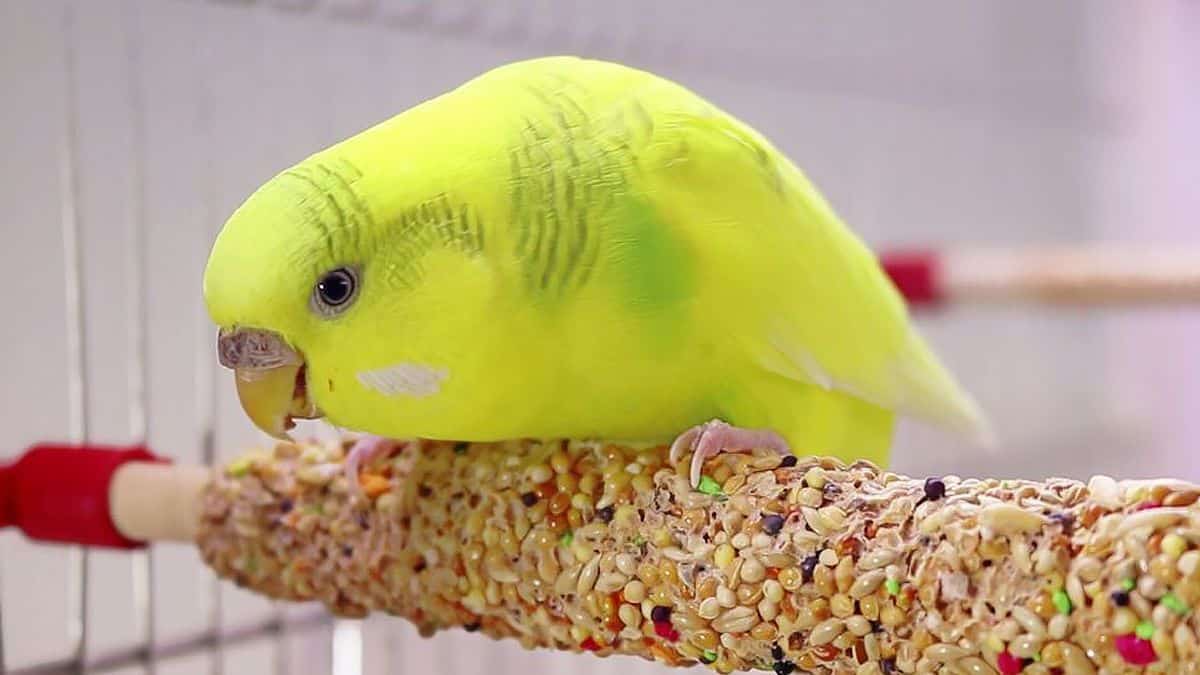
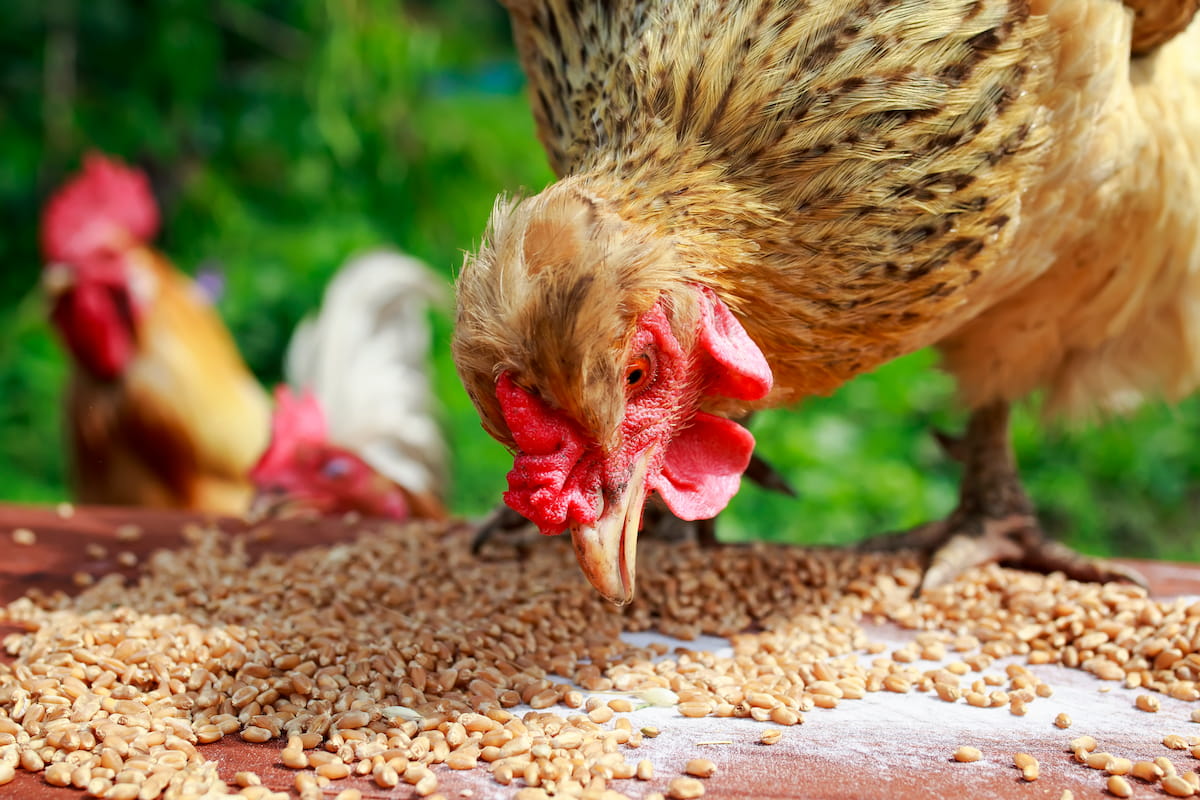

0 thoughts on “What Kind Of Grass Can Sulcata Tortoises Eat”